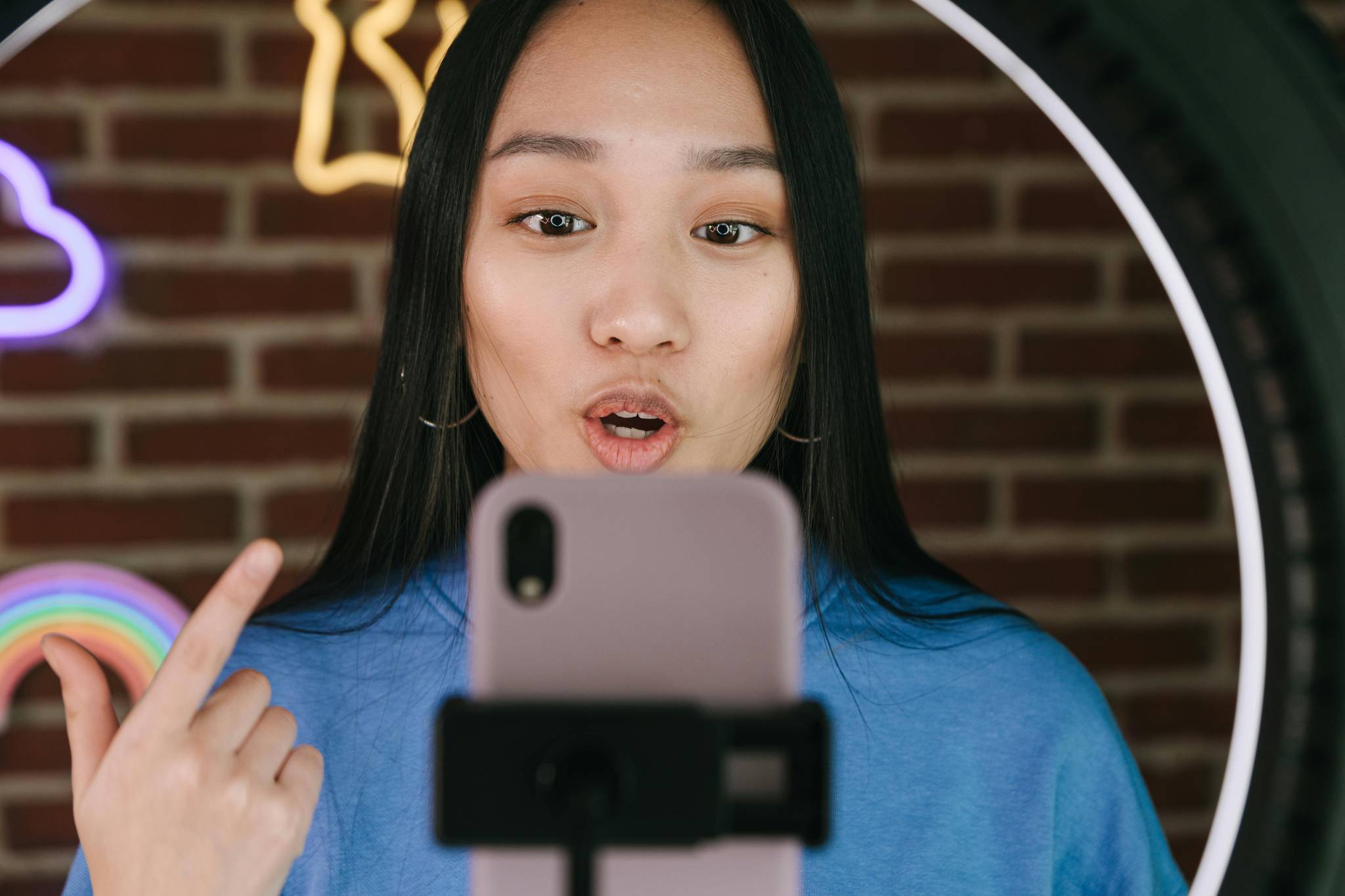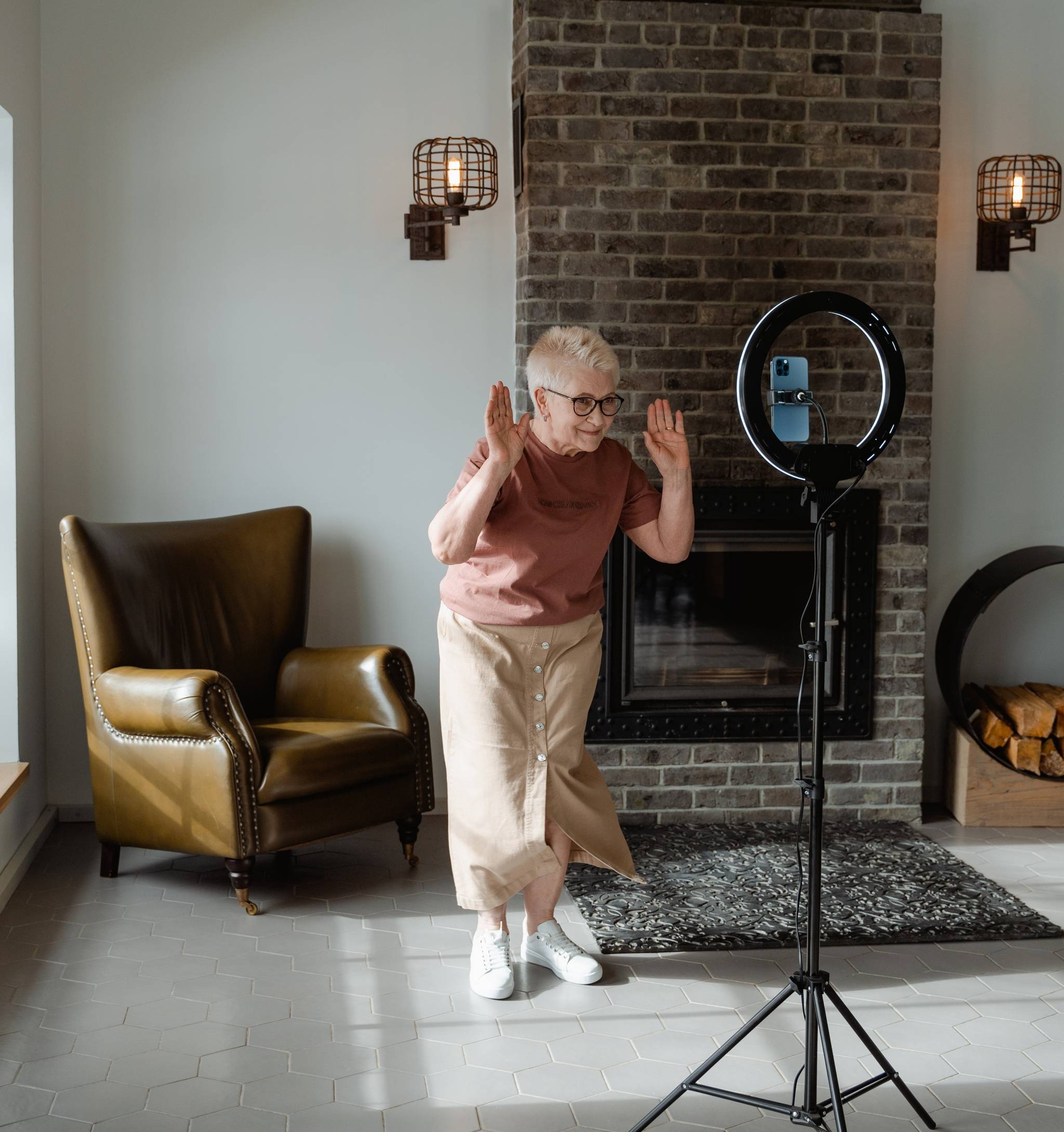
As US legislators consider banning TikTok, creators are anxious about disruptions to their incomes while millions of users have voiced their opposition to such a measure. Frustrated with Big Tech and governments' control of their digital lives, people may engage with the platform in inventive ways.
After passing through a 352-65 bipartisan vote in the House of Representatives, the bill will see the US Senate deliberating a nationwide TikTok ban. If signed into law, it mandates TikTok’s sale to a non-Chinese entity, and failing to do so will result in removal from app stores. Existing users can still access the app, but new downloads and updates will cease. TikTok CEO Chew Shou Zi has urged users to call members of Congress to oppose the bill, and creators have staged demonstrations outside the Capitol.
TikTok has emerged as a powerful tool for creators looking to enhance their businesses and advance their careers. With its vast user base and engaging format, the platform offers entrepreneurs and professionals a unique opportunity to showcase their talents, products, and services to a global audience. According to the TikTok Newsroom, nearly 5 million businesses seek expansion and success on the platform including countless small businesses. In addition to its increasing dominance, the platform's algorithmic nature provides equal footing for both established brands and businesses as well as emerging talent.
While creators and independent businesses brace for the worst around the looming TikTok ban, Reels and Shorts remain viable alternatives – though it remains to be seen whether they can eclipse TikTok’s influence. Indeed, TikTok’s integral role in the creator ecosystem may see users exploiting loopholes through hacks like VPNs as a means of defiance. In the wake of UMG’s departure from the app, we’re already getting a taste of people’s creative tactics to get back at top-down policies and reclaim a semblance of autonomy.



